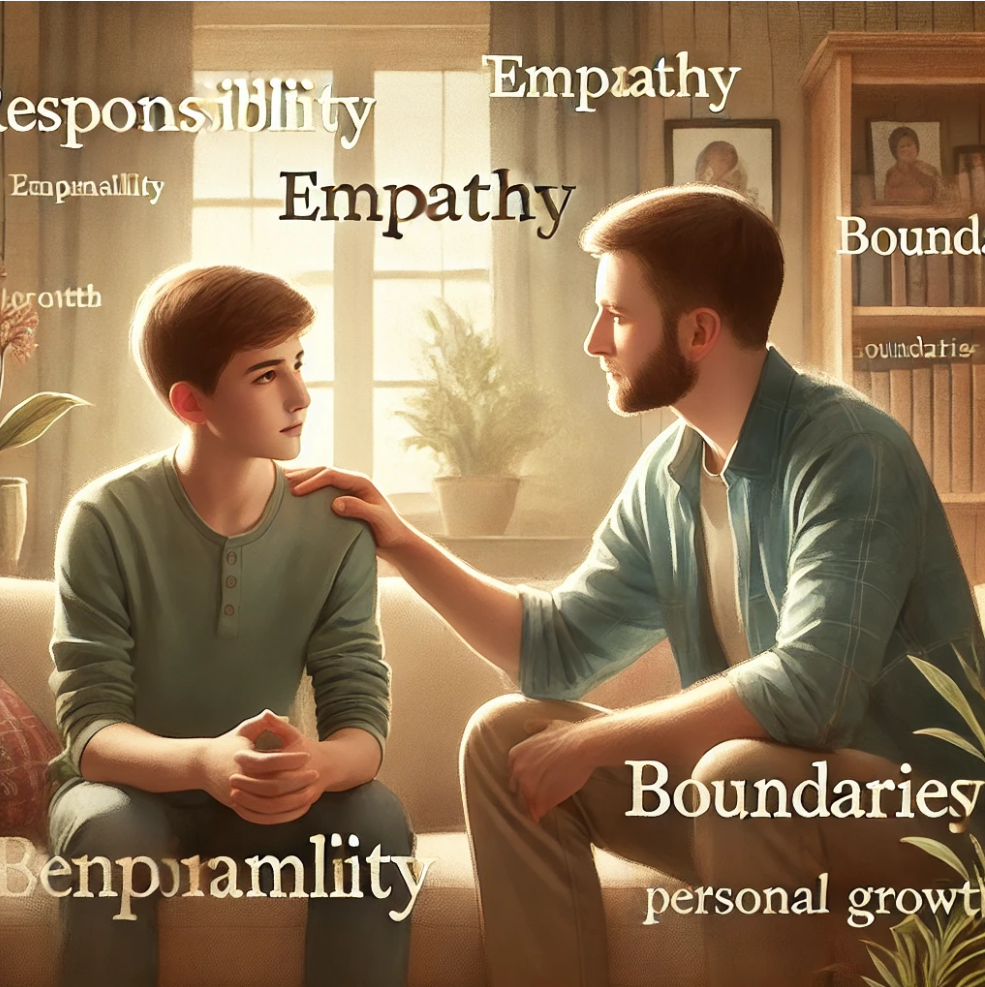Respecting Your Relationship’s Privacy: A Guide to Building Trust and Intimacy
In today’s hyper-connected world, maintaining privacy in your romantic relationship can be challenging. However, respecting your relationship’s privacy is vital for fostering trust, intimacy, and a healthy emotional connection. By setting boundaries and managing external influences, you can protect the sanctity of your partnership. This article explores strategies to respect and uphold relationship privacy.

Why Relationship Privacy Matters
Privacy in a relationship refers to the boundaries and mutual understanding about what aspects of the partnership remain between the two individuals. It does not imply secrecy but emphasizes the need for discretion and protection of intimate details from outside interference. Research indicates that healthy boundaries around privacy contribute to relationship satisfaction and emotional security (Mark, 2019).
Strategies to Respect Relationship Privacy
1. Establish Mutual Boundaries
Communicating openly with your partner about what should remain private helps set expectations. For instance, details about arguments, financial matters, or personal insecurities are often best kept within the relationship.
Tip: Create a “privacy agreement” where both partners share their preferences and boundaries to avoid misunderstandings (Smith & Peterson, 2020).
2. Limit Oversharing on Social Media
Social media can blur the lines of privacy. While sharing joyful moments is natural, overexposing the relationship’s dynamics can lead to external judgment or unsolicited advice. Studies show that couples who maintain some level of privacy on social media report higher satisfaction and trust (Carroll et al., 2021).
Actionable Step: Avoid posting during conflicts or sharing sensitive details without your partner’s consent.
3. Protect Your Partner’s Vulnerabilities
In a relationship, you often become privy to your partner’s deepest fears and insecurities. Sharing such information with others can lead to feelings of betrayal. Trust is built on the assurance that vulnerabilities are safe within the relationship.
4. Handle Conflicts Privately
Disagreements are natural in any relationship, but discussing them publicly or with third parties can harm the bond. Research suggests that resolving conflicts within the relationship fosters intimacy and problem-solving skills (Gottman & Silver, 2015).
Practice: Instead of venting to friends or family, address issues directly with your partner.
5. Be Discreet About Sexual Intimacy
Details about your sexual relationship should remain private unless both partners agree otherwise. This ensures that intimacy stays special and protected from external opinions.
6. Seek Outside Support Wisely
While maintaining privacy is important, there are situations, such as abuse or unresolved conflicts, where seeking external help is necessary. Counseling or therapy provides a confidential space to address issues without compromising the relationship’s privacy.
Common Pitfalls and How to Avoid Them
1. Unintentional Oversharing: It’s easy to overshare in casual conversations. Be mindful of what you disclose and always ask yourself if your partner would be comfortable with the information being shared.
2. Third-Party Interference: Relying too much on others for relationship advice can dilute the bond. Instead, prioritize open communication with your partner.
3. Technology Breaches: Sharing passwords or accessing your partner’s devices without permission undermines trust. Respect digital boundaries to ensure privacy (Thompson, 2020).
Conclusion
Respecting your relationship’s privacy is a cornerstone of a strong partnership. By establishing boundaries, limiting external interference, and prioritizing open communication, couples can create a secure and intimate connection. While seeking external support is necessary in some cases, the foundation of trust lies in safeguarding the relationship’s personal dynamics.
This article was written by John S Collier MSWLCSW. John has over 25 years experience in the social work field. He currently serves as the executive Director in outpatient behavioral health therapist in Southeast Kentucky Behavioral Health in London Kentucky. He may be reached at 606-657-0532 extension 101 or by email at john@sekybh.com

References
• Carroll, J., Smith, R., & Brown, T. (2021). Social Media and Relationship Satisfaction: The Role of Privacy Management. Journal of Personal and Social Relationships, 38(3), 456-472.
• Gottman, J., & Silver, N. (2015). The Seven Principles for Making Marriage Work. Harmony Books.
• Mark, C. (2019). Boundaries and Emotional Security in Romantic Relationships. Psychology Today. Retrieved from www.psychologytoday.com.
• Smith, K., & Peterson, L. (2020). Effective Communication in Intimate Relationships. Journal of Couple and Family Psychology, 9(4), 123-139.
• Thompson, A. (2020). Digital Privacy in Relationships: Navigating Trust and Boundaries. Cyberpsychology and Behavior, 23(2), 102-109.




